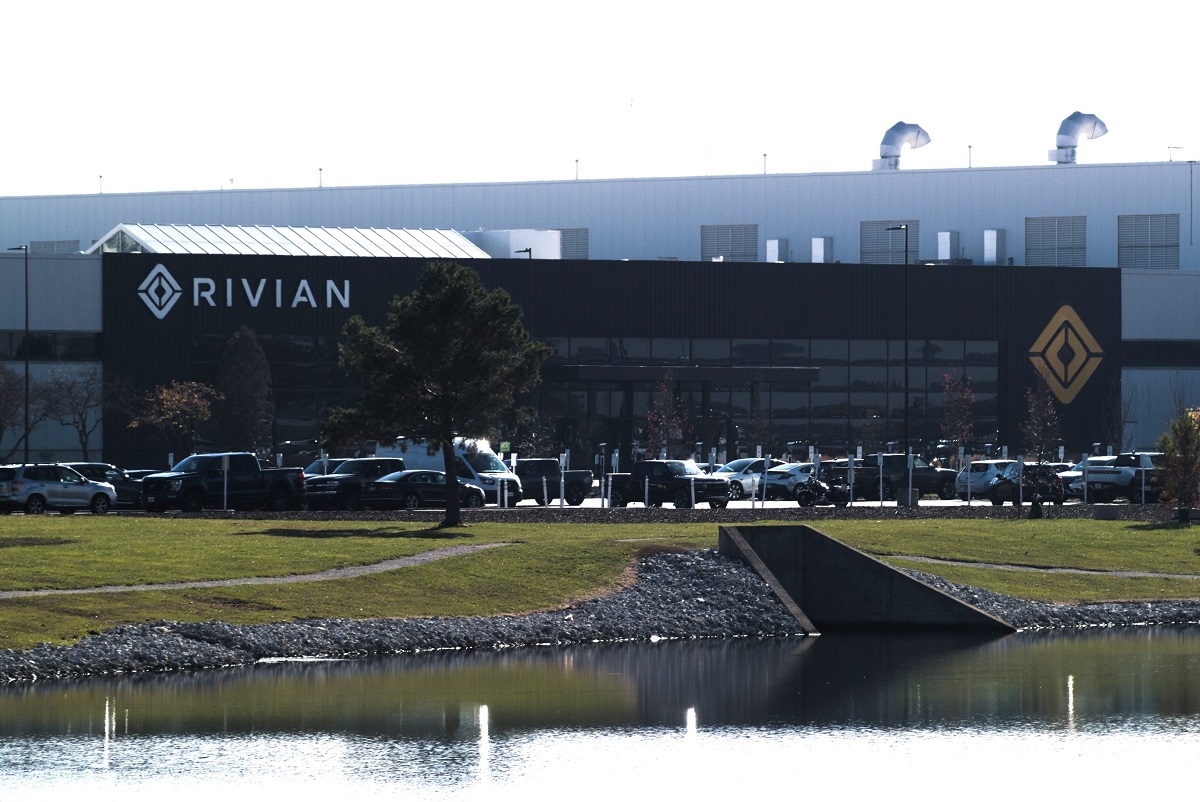In the swirling mix of economic forecasts and demographic data, a storm is brewing for today’s 32-year-olds. As they step into the sunset years, they’ll find a world unprepared for their mass retirement, strained healthcare systems, and a younger generation too few to bear the economic load. Let’s explore why peak millennials might not have it as easy as they hope.
#1. The Retirement Crunch

With more millennials retiring and fewer young workers contributing, the strain on Social Security and pension funds will intensify. It’s not just a number’s game; it’s a future where benefits might shrink just when they’re needed the most.
#2. Healthcare Hurdles

As millennials age, they’ll face a healthcare system struggling with too few staff and soaring costs. Imagine waiting months for basic care, a scenario becoming increasingly likely.
#3. Real Estate Riddle

Millennials dreaming of downsizing or relocating in retirement might find the real estate market less than welcoming. High demand and low supply, especially in popular retiree states like Florida, could drive prices beyond reach.
#4. Investment Insecurity

With the stock market’s volatility and the unpredictable nature of investments, millennials’ retirement savings could be at risk. Diversification is key, but no strategy is foolproof against market downturns.
#5. Social Security Uncertainty

The Social Security system, already under pressure, might see benefits reduced or eligibility age increased. For millennials, this means that the safety net they’ve been contributing to might not hold up as expected.
#6. The Caregiving Conundrum

Many millennials will likely become caregivers for their aging parents, adding emotional and financial stress. Balancing work, caregiving, and personal health could become a significant challenge.
#7. Job Market Jitters

Automation and AI threaten many industries, potentially displacing workers and making job security for older millennials a significant concern as they approach retirement age.
#8. The Savings Shortfall

Despite being better educated, many millennials have less saved for retirement than previous generations at the same age, partly due to higher student loan debt and living costs.
#9. Climate Change Catastrophes

As environmental changes accelerate, millennials will face the financial and health impacts of increased natural disasters, air quality issues, and water scarcity.
#10. Political Polarization

Deepening political divides could lead to legislative gridlock, affecting social programs, healthcare, and pension reforms crucial for a stable retirement.
#11. Healthcare Cost Explosion

With medical costs rising faster than inflation, the price of staying healthy in retirement could drain savings quicker than planned, leaving little room for error.
#12. Pensions Under Pressure

For those few millennials with pension plans, the risk of underfunded pensions cannot be ignored. Companies facing economic hardships might not be able to meet their obligations.
#13. Rental Market Madness

High demand and low supply in the rental market could make affordable housing hard to find for retirees looking to downsize, leading to increased living costs.
#14. Globalization’s Grip

The global economy means that financial crises in one part of the world can affect retirement accounts and investments everywhere, adding an unpredictable element to financial planning.
#15. Digital Divide

As technology advances, the gap between those who can keep up and those who can’t could widen, affecting job prospects and access to digital healthcare and financial services.
#16. Loneliness Epidemic

With changing family structures and more people living alone, loneliness could become a significant health issue for retirees, impacting mental and physical health.
#17. Infrastructure Inadequacies

Aging infrastructure, especially in urban areas, could impact quality of life for retirees, from transportation to healthcare access, making daily life more challenging.
#18. Education’s Expense

For millennials with children, the rising cost of education could strain finances further, limiting their ability to save for retirement.
#19. Wage Stagnation

Slow wage growth compared to the cost of living increases means less money saved for retirement, compounding the financial challenges millennials face.
#20. Gig Economy Gaps

The rise of gig work offers flexibility but often without the retirement saving mechanisms of traditional employment, leaving a gap in millennials’ retirement plans.
#21. The Debt Dilemma

High levels of personal and national debt could lead to economic instability, affecting everything from interest rates to investment returns, complicating retirement planning.
Wake-Up Call

The future may seem daunting, but awareness is the first step toward change. For millennials, the path to a secure retirement is filled with challenges, but also opportunities for innovation and resilience. It’s not just about saving more; it’s about rethinking what retirement can be in a rapidly changing world. Let’s not wait for the storm to hit; it’s time to prepare now.
DeSantis Under Fire As Florida Left Underwater

Florida residents are struggling this hurricane season, and many are pointing the finger at a certain Governor. DeSantis Under Fire As Florida Left Underwater
Factory Shutdowns in Illinois Devastate 1000 Workers

While the job market seems to be in relatively good shape, some states are feeling the burn – Illinois being one of them. Factory Shutdowns in Illinois Devastate 1000 Workers
Largest Data Breach Exposes Full Names, Social Security Numbers, Driver’s Licenses, and More of 3 Million Americans

A debt collection company just experienced a massive data breach that makes your usual cases of identity theft look like child’s play. Largest Data Breach Exposes Full Names, Social Security Numbers, Driver’s Licenses, and More of 3 Million Americans
Featured Image Credit: Shutterstock / Prostock-studio.
The content of this article is for informational purposes only and does not constitute or replace professional financial advice.
For transparency, this content was partly developed with AI assistance and carefully curated by an experienced editor to be informative and ensure accuracy.
The images used are for illustrative purposes only and may not represent the actual people or places mentioned in the article.
